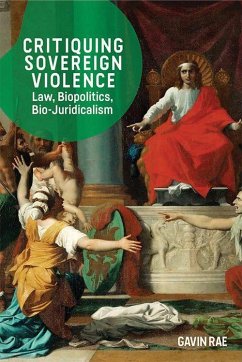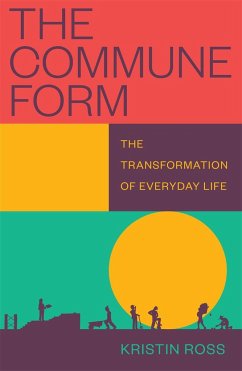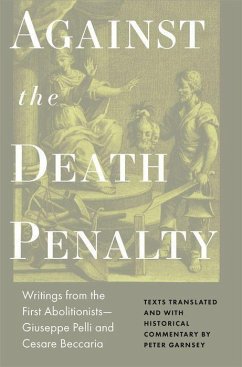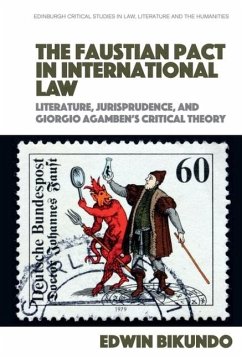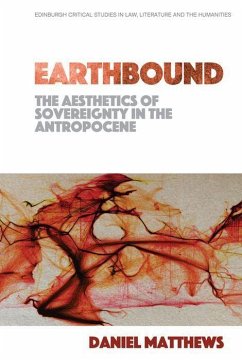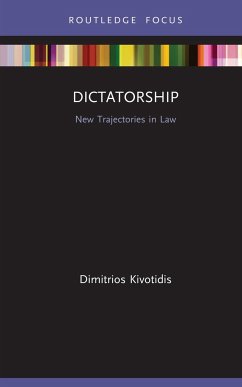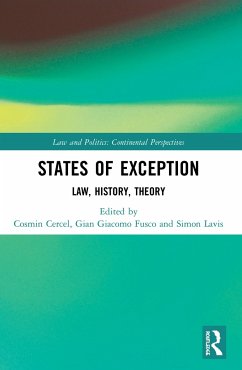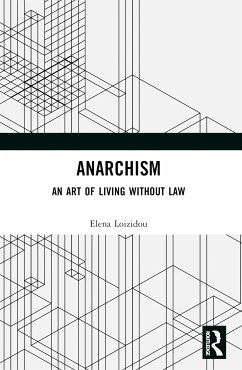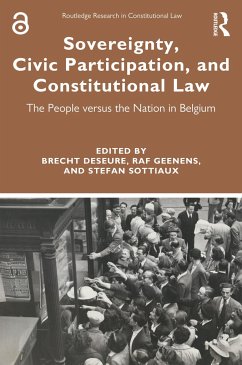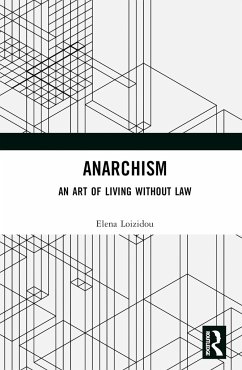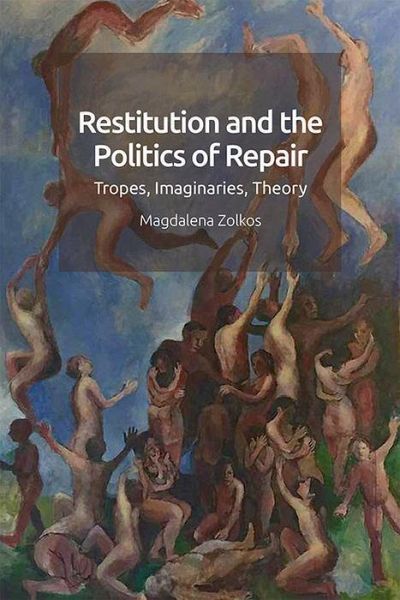
Restitution and the Politics of Repair
Tropes, Imaginaries, Theory
Versandkostenfrei!
Versandfertig in über 4 Wochen
122,99 €
inkl. MwSt.
Weitere Ausgaben:

PAYBACK Punkte
61 °P sammeln!
'This lucid, beautifully written and carefully argued new book offers something new to the field of political theory: a deepening of the language of restitution in the realm of the political. The problem of recovering what was lost - the ordinary language definition of restitution - is here given new language, new imaginings and a fascinating new set of texts. This is a must read for critical political theorists, those interested in cultural, memory and trauma studies.' Catherine Kellogg, University of Alberta Analyses the social imaginary of undoing, repair and return underpinning the interna...
'This lucid, beautifully written and carefully argued new book offers something new to the field of political theory: a deepening of the language of restitution in the realm of the political. The problem of recovering what was lost - the ordinary language definition of restitution - is here given new language, new imaginings and a fascinating new set of texts. This is a must read for critical political theorists, those interested in cultural, memory and trauma studies.' Catherine Kellogg, University of Alberta Analyses the social imaginary of undoing, repair and return underpinning the international norm of restitution-making This book takes a unique approach grounded in political and cultural discourse to develop a political theory of restitution. Challenging assumptions about restitution in the Western legal and political tradition, where it has become nearly synonymous with reacquisition and where legal studies focus on material objects and claims to their ownership, Zolkos argues that the development of restitutive norms has been auxiliary to the emergence of modern state sovereignty, and excavates the restitutive tradition's mythical-religious substrate. Bringing together texts from within and outwith the Western canon of political theory and philosophy, including the writings of Grotius, Durkheim, Freud, and Klein, as well as Mary Shelley's Frankenstein, the book undertakes a dual task: reading literary texts as a political theorising of restitution, and reading political or sociological texts as literary narratives with distinctive 'restitutive tropes' of repair, undoing and return. Magdalena Zolkos is Humboldt Research Fellow at the Memory Studies Platform at Goethe University Frankfurt. Cover image: War and Separation, Carol Heft, acrylic on canvas, 72 x 47 inches, 2020 Cover design: [EUP logo] edinburghuniversitypress.com ISBN 978-1-4744-5309-7 Barcode




